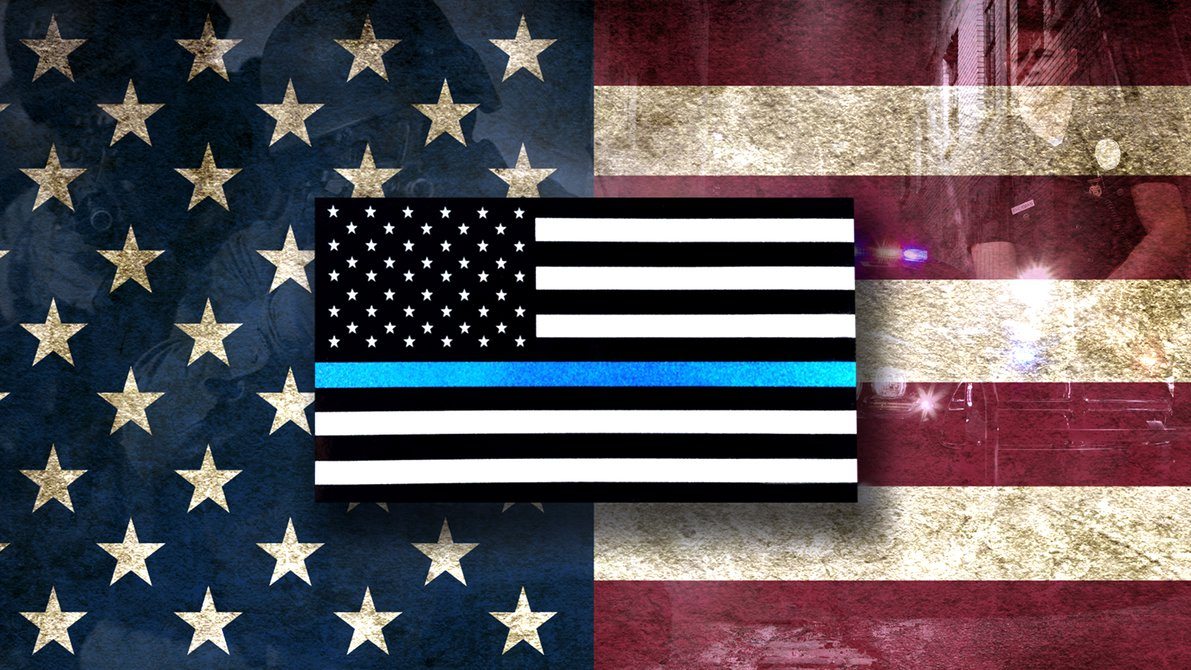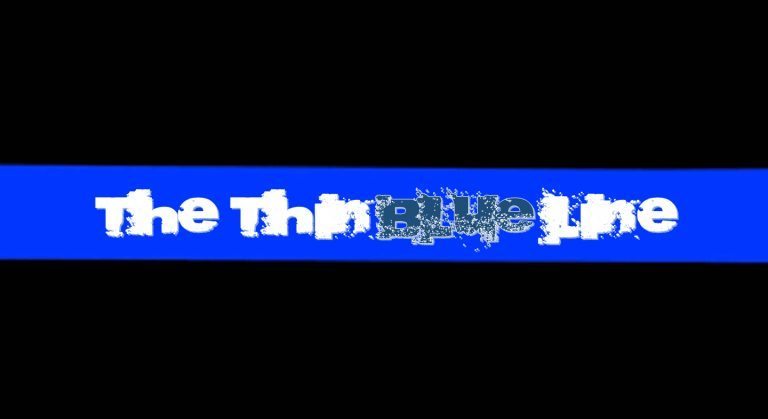Ask any lay person about it, and they’ll tell you everything they know about the law enforcement code of silence, fringe benefits, and doing things around the system which applies to everyone but the cops. But the days of movie-themed bad guy cops who get away with anything they want, sometimes in the name of greater good are worthy only of a script, and are not even a topic of main stream news, which despite their claims of impartiality, will judge any officer guilty to raise their own ratings.
The reality is that this idea is appealing only to the populous whose main concern is getting out of an occasional speeding ticket, or who choose to be ignorant, opining their views over social media with certainty only a keyboard commando can do.
To anyone who has worked the street for more than a few days, the concept and reality are drastically different. I’m not talking about the purposeful omissions of oath which dishonor the badge, or an occasional “stick your tin out the window” professional courtesy requests. Modern law enforcement has come a long way over the last 20 years, and these acts usually result in either being thrown out of the brotherhood, or ostracized in the locker rooms respectively.
I am talking about the brotherhood and sisterhood of the profession. That, is what the experienced sheep dogs come to expect when “thin blue line” is mentioned. But the sad reality, is that whether part of a natural process or due to outside trends, that reality of the thin blue line doesn’t exist. Not to the popular notion, nor to the mainstream need of support needed within the ranks. We support each other en masse, that’s a fact. But as they say about the “few bad apples”, the occasional incidents where our own brothers and sisters are left to manage their own demons scar the profession as a whole.
Part of the reason for this disconnect is a general lack of leadership in law enforcement. A subject for a different discussion, the profession focuses on anything but… Administration, supervision, management, babysitting. Call it what you want. The lack of support from the public and the media would be managed infinitely easier if the line officers knew they could count on support of their bosses.
Instead, the negative consequences of officer’s actions always have a formal and visible recourse, and are often the justification for existence for those who haven’t stepped foot into patrol in years. Paperwork, demotion, lack of career opportunities, “up to and including…” as the phrase often goes. It’s a catch 22 where a person with no inherent or trained ability to lead is charged with oversight of independent, strong minded professionals who encounter stress and threat as part of daily job tasks. Yet the same systems which encourage punitive actions to show the public the misconduct as much a a typo on a report will not be tolerated, are also the ones who lack a system by which to reward their own cops.
I saw a citizen write a thank you letter to our chief, in disdain that a process of rewarding good actions of his employees didn’t exist. As expected, to a lack of any response from the chief. The same system which fails to lead its people, by design fails to support them. This necessarily rolls downhill. The line cops and grunts of the agency don’t know whether to, or how to express support when one of their own is questioned. Talks follow, doubts are raised, but until they get a feeling from the admin on which way to go – little outward support is expressed.
In fact, the same administration will usually direct everyone not to discuss anything with the officer who needs the support of the team the most. While the “us and them” approach continues, good cops in need of help are left to their own devices. Unions are typically not equipped to offer the services truly needed: counseling, peer support, family advocacy. Equal Employment Opportunity offices are often staffed by civilians, or cops who have been removed from direct interaction with the job for some time, and thus lack the desired trust factor.
So the only people a troubled sheep dog needs at the time, are not made available. Worse yet, we avoid contact with the officer in need because we don’t want to be associated with anyone else’s troubles. I mean, everyone has enough shit to deal with, right? A drastic difference between military units and law enforcement entities which strive to be like those units, is the constant desire and actions of troops to be there for each other. But second only to the military and veterans, is the suicide rate among cops. Imagine if the cop who actually needs help is both, a military veteran and a law enforcement officer.
With no statistics anywhere I will only speak from what I’ve seen, that the two factors combine for the worse, when the officer is need of support and can’t get it. And, while we in the military have gone to great length to debug the issue of suicide and remove the stigma, law enforcement as a whole has never done so, and hasn’t even started. In fact, when a cop takes his or her own life, not only is their career in question despite any history of ethical and professional service, the pencil pushers wander if a formal funeral is appropriate.
Cops are told that they are on duty 24-7, yet the need for change and support is realized only when it all hits the fan. Is it because there is part of normalcy in an otherwise unique career? Because there isn’t constant threat of fire, or reality of combat. When people go home after their shift they may leave the badge and uniform in the locker, but to their colleague in need, the need doesn’t go away. They wait for phone calls, for human contact and for support. That’s also a stark difference from the fire service.
The bonds formed there don’t seem to dissipate quite as frequently or easily, and fraternal links formed carry even in part time and volunteer departments. I was drawn to the reality of these issues at the last funeral or a fallen officer. While the line of marked squads, colleagues and uniforms was humbling, looking around with another cop we expected to see a lot more people from this agency or that one. How is it that if you have to go on your own time and dime, rather then being paid to go, you choose not to? I will never get it.
The thin blue line slacks and becomes grey. It’s unacceptable. I have always said that the standards and principles of our profession are not made in offices or through written policies. We don’t need to be administered on calls unless the need for clarification or higher rank arises, why then do we get to be told when to help our brothers and sisters, or how? Hold the line. “Until someone acts to dishonor the badge or their oath, they are part of the brotherhood for life” said a man I respect and look up to, who happens to be one of the best police chief’s I have ever known.
A question in an internal investigation is just that – a question. You know who your work with and count on, and no amount of dubious allegations or even honest mistakes made on the job can change that. Hold the line. The other elephant in the room, maybe this. When you got into this line of work, this noble profession, what did you think? What was your focus and motivation? Who were your heroes? Do you still have heroes, or are you salty enough to not care, and slouch your way from call to call? We’ve all been there. But if you come to work counting hours and griping day to day, only to make to retirement because you’re stuck, vested or have to, I beg you reevaluate.
This mentality not only places people around you in danger, collectively it isolates everyone, and the thin blue line everyone expects, becomes but a water color fading in the rain. Yet we want it there when we need it, but fewer and fewer continue to contribute to make it work. Many organizations were started to fill in this missing link, and most of them by cops, first responders and military veterans, to benefit cops in need.
They exist to offer whatever level of support could be put forth. But when those people on whom the officer or deputy has counted on first hand, day to day, fail to step up to the plate and do the same – we lose each other in the drive to barely survive the job. Sheep Dog IA, Safe Call Now, Project Overwatch, fraternal organizations, and many more. But it comes down to the basic team level.
If it fails, so does the thin blue line. The line doesn’t end with retirements, leaves, issues, deployments, or problems. It stands resolute to help those who need help, no different than what we do on the street, day to day.
Why should our own deserve less?



[…] The Mythical Thin Blue Line. […]